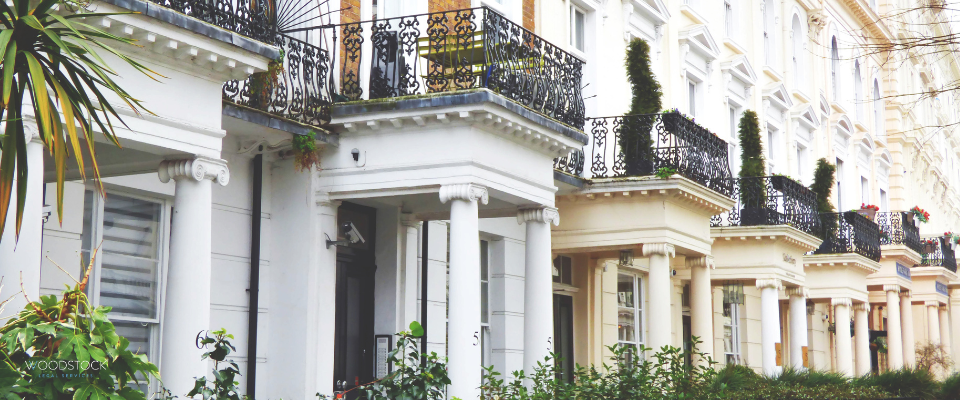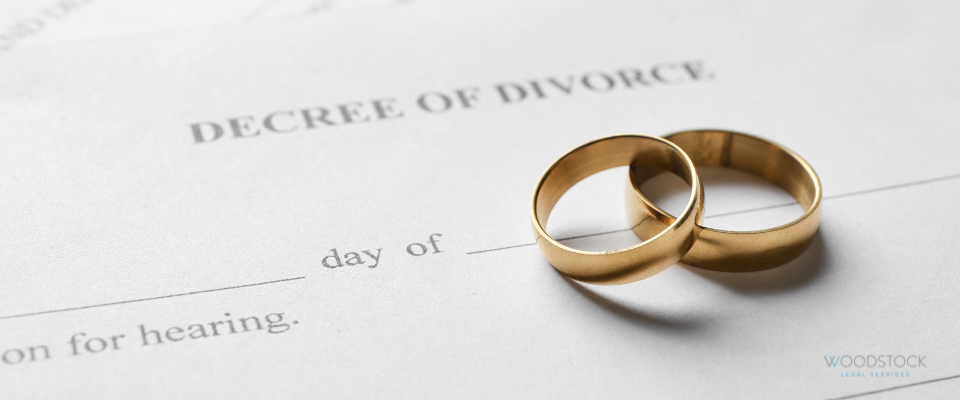Cuckooing, what does it mean for landlords?
Most will know the term ‘cuckooing’ as the situation where a cuckoo bird invades another bird’s nest. However, what is not so well known is that the term also has a place in landlord and tenant law.
Cuckooing is a term used in the property industry to describe the exploitation of a vulnerable individual, usually by an organised criminal group, by way of a home takeover. These groups will target people who are lonely or isolated, have addiction issues, have mental health issues or have learning difficulties.
These criminal gangs will single out the vulnerable individual and befriend them, with the purpose of moving into the individual’s house in order to conduct illegal activity from the premises, this can vary from drug use to human trafficking.
This can be a real issue where the vulnerable individual is a tenant as, being a landlord, you will be keen to ensure that, firstly, no illegal activity is carried out inside the property and, secondly, you are aware of exactly who is residing in your property.
Case study: -
There has been a recent incident local to our Poole office, whereby a county lines drug gang singled out a vulnerable female living alone and began using her rented property as a base for drug deals. Due to the tenant’s vulnerable state, the landlords only became aware of this issue when they visited the property to do some routine maintenance. During this visit the landlord noticed that there were multiple people in the property appearing to be under the influence which seemed to unnerve the tenant.
In the following days the landlords received a call from the police to say the tenant had been the victim of cuckooing and therefore had been rehomed out of the area to ensure they were not targeted again.
However, the issues did not stop there for these landlords as when the gang became aware that the property was empty, they then broke in repeatedly to continue using it as their base for conducting drug crimes.
Useful tips: -
1. Know your tenant – Is your tenant living alone? Are they receiving housing benefits? Being alive to these facts means you are more alert to the signs of cuckooing and can act quickly with other local services (police, social services etc) to resolve the problem.
2. Be aware of the position of your property – Is your property in an area that could be targeted by criminal gangs?
3. Physical signs to look out for – Is there any unusual smells coming from the Property? Are there frequent visitors to the property? Are there always different or multiple cars parked outside the property?
If you suspect your tenant has been the victim of cuckooing, it is important to report your suspicions to your local authority at the earliest opportunity. Your local authority will then work with the relevant services in your area to ensure that your tenant is safeguarded.
Contact Us
News & Insights










